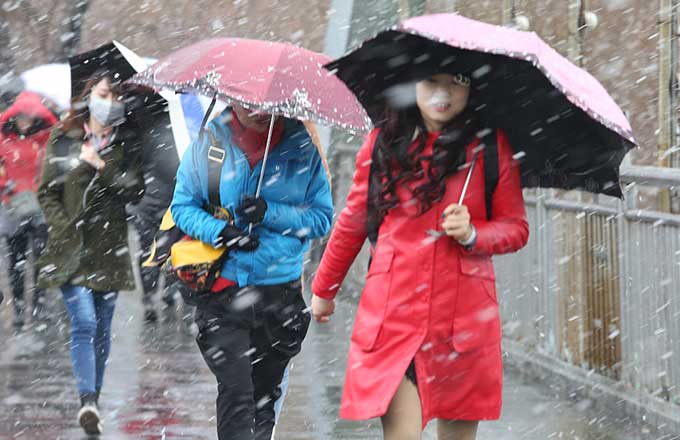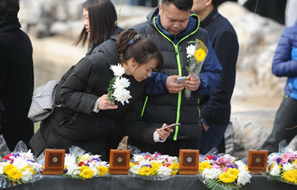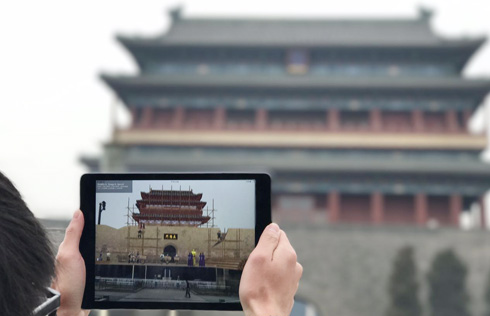Being frugal in China would be a waste
A woman in Britain went a whole year without spending money. No eating out, no drinks at the pub, no new clothes, books, not even train tickets.
Financial journalist Michelle McGagh made some exceptions for necessities; mortgage, utilities, life insurance, charity donations, and broadband and mobile phone bills. She also set aside a modest amount for toiletries and food.
She saved a whopping 22,000 pounds ($27,431), the equivalent of 188,000 yuan, plus she'll reap the rewards of writing a book about the experience, so an all-around frugal success story.
Economists, businesses and governments would be horrified by such thriftiness. If this no-spend experiment was replicated widely, the economy would grind to a halt. It's the stuff of nightmares for policymakers, particularly here in China where consumer spending is taking over from industry as a key growth driver. Rather than tightening the household budget, traditionally good Chinese savers are being encouraged to lash out in order to keep cash registers ticking over at an increasing pace.
Not that the bean counters need to worry too much. It's not like there will suddenly be masses of people throwing away their bank cards or disconnecting their e-wallet.

But McGagh's strict no-spend policy does make you think twice about where your hard-earned money is going, and what you can and can't live without.
Since reading about the yearlong penny-pinching feat, I've tested how long I can survive without touching a jiao/cent.
Moving to China has already made me much more money conscious. There's nothing like trying to squish all your possessions into a Suzuki Swift that struggles to accommodate more than two people, to make you realize you've been wasting money on too much stuff.
Being unsure about how far my new salary in an unfamiliar currency would stretch in Beijing also forced me to keep a detailed spending tally. This morphed into my first-ever budget, albeit scribbled on the back of my Chinese homework sheet.
I have embraced instant coffee and realized no one notices if you wear the same outfit each week (and if they do, then they're not really worth worrying about).
Even with my newfound financial focus, I have barely lasted more than a day without approaching a cash register or the online shopping cart.
I wonder how much is me and how much is China. How would McGagh have fared in Beijing?
For one thing she didn't have the temptation of online shopping platforms such as Taobao. Of course, many shops in Britain have online outlets, but there's no equivalent to Taobao, and online shopping is nowhere near as pervasive as it is in China.
I can't imagine cooking all my meals. Not just out of laziness (although it does sound exhausting) but I could hardly conjure up hot pot, Peking duck or Chinese crepes in my kitchen. And never taking advantage of Beijing's extensive food delivery network would be a wasted opportunity.
While McGagh did manage one holiday riding her bicycle along the coast and camping along the way, my plans to see as much of China as possible would be severely limited by this method.
They say you've got to spend money to make money. I've come to the conclusion that you've also got to spend some to get the most out of life in China.
Contact the writer at rosemary_b@chinadaily.com.cn
(China Daily 03/27/2017 page2)



















